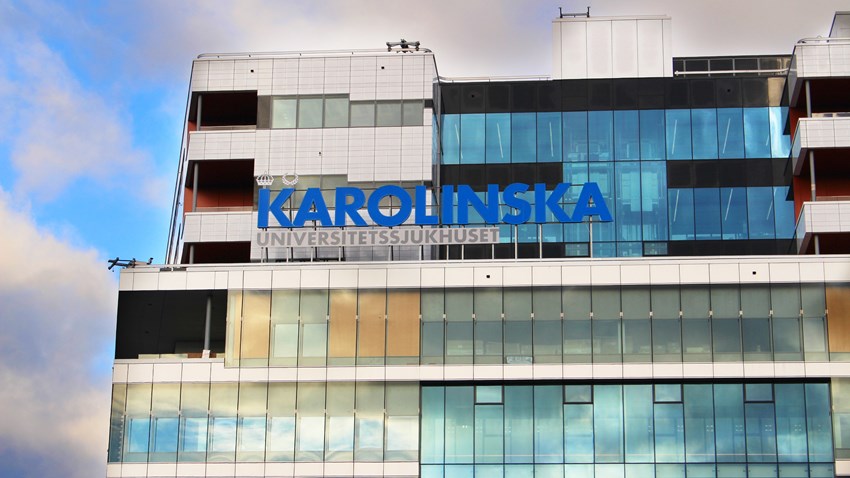Solna, Sweden
HCR provided a variety of Transition Planning Services to The Stockholm County Council that enabled the Phase 4, 5, 5b and 6 occupancy of Sweden’s first P3 project in healthcare during 2016 and 2018.
In Phase 4, HCR guided the Facility Activation planning in preparation for the occupancy of the first one-third of the new 330,000 m² NKS building. This mandate included the orientation and training plan development and assistance with a Retreat Day to review the final operational readiness and facility activation plans for the new building. In addition, HCR undertook the planning for the relocation of all assets and patients from the 2 legacy sites moving to the new building in this phase of the project – the Adult Thoracic Hospital and the Children’s Hospital. Included in the patient relocation planning was assistance with a Service Level Reduction Plan in support of the patient moves and a post-move Service Level Recovery plan. Over a period of just under 3 weeks in November 2016, HCR coordinated the sequential execution of the physical move from the 2 legacy facilities. The patient transfers were safely completed a week apart as planned, and supported the successful relocation of high acuity adult patients, including transplant patients, on the first Sunday of the move, and children’s patients on the following Sunday.
HCR returned in 2018 to provide relocation services for the final phases of the transition, which included Phases 5, 5b and 6. These moves involved the relocation of approximately 200,000 m² of biomedical research operations, radiotherapy clinics and clinical operations into the rest of the main building, and the newly constructed Research and Radiotherapy Treatment Buildings. These highly complex moves took place during ongoing operations and involved the precise coordination of numerous clinical interdependencies. HCR overcame these challenges and successfully completed these moves over seven separate move phases spanning 9 months from March to November 2018, marking the completion of this massive 3-year relocation.
In all, Karolinska University Hospital has approximately 1595 beds, produces approximately 110,000 admissions per year, has about 1.6 million patient visits per year, has an annual budget of 15 billion Swedish crowns and employs about 15,000 employees.

